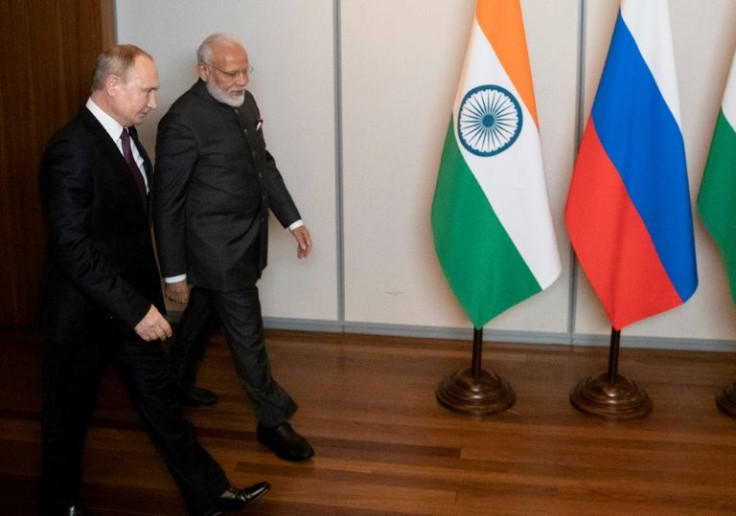India May Restrict Crypto Wallets And Ban Exchange-To-Exchange Transfer
KEY POINTS
- Government of India is set to launch a wallet
- Exchange-to-exchange transfers will be banned
- India will regulate crypto market like the stock market
India's proposed cryptocurrency bill may seek to ban exchange-to-exchange transfer and restrict wallets that mask identity in a bid to regulate the fledging market like the stock market.
The Economic Times reported that there would be a blanket ban on the transfer of cryptocurrencies from one exchange to another, a feature that is widely popular among investors. The bill is scheduled to be introduced in Parliament in the winter session.
"The proposed Cryptocurrency Bill is expected to put a blanket ban on exchange-to-exchange transfers in the country, restrict certain types of wallets masking identities, and completely end dealing in cryptocurrencies through Google Chrome extensions that allow users to dabble in more than 4,000 cryptos," the newspaper reported, citing four unidentified source closely tracking the developments of the bill.
The Indian government may create a new wallet, much like a demat account used for stock trading. It is possible that wallets like MetaMask and other hardware wallets might get banned in the country.
Moreover, the government will monitor the flow of the Indian rupee in and out of every Indian cryptocurrency exchange. Only these exchanges will be allowed to operate in the country. As a result, the government will open up the ledgers of these cryptocurrency exchanges periodically.
The goal behind all this is to regulate the crypto market the same way as the stock market and bring crypto transactions within the ambit of the Foreign Exchange Regulation Act (FEMA).
On the other hand, the creation of a government wallet, much like the Chivo wallet in El Salvador, will be an active proposition for the government as users can only transact within a closed-loop system, unable to transfer their crypto to private wallets.
India's central bank plans to launch its CBDC in the first quarter of 2022, earlier reports have suggested. However, countries like Australia have said that the pilot of a CBDC might take several years.

© Copyright IBTimes 2024. All rights reserved.



















